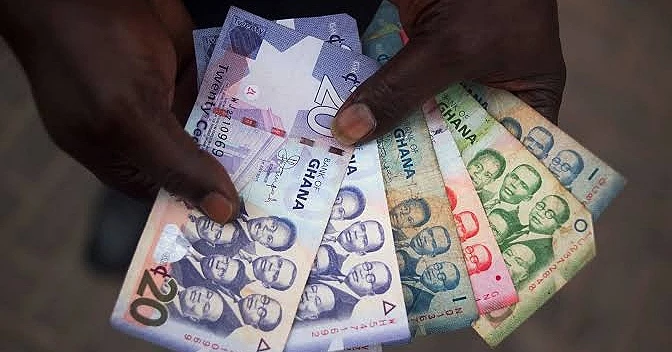Currency Gains, Business Pains: How a Strong Cedi Hurts Ghana’s Exporters
The recent appreciation of the Ghanaian cedi against the U.S. dollar has been celebrated as one of the most notable economic achievements in the country. It is a promising sign, one that suggests improved fiscal discipline and stronger macroeconomic management.
But while many are celebrating the good news, a wave of concern was triggered when the President cautioned that if the exchange rate drops too far below its true value, it could hurt exporters. That statement left many Ghanaians confused, and in some cases, frustrated. After all, is not a strong cedi supposed to be good for everyone?
To make sense of this, let’s step into the shoes of someone living this reality: Andy.
Andy runs a small but growing export company in Ghana. Every month, he ships 30 bags of his product, XYZ, to his partner in the United States, Dosty. Like most exporters, Andy does not operate in a vacuum. He employs 50 workers and depends on a range of local inputs (whose price may not be falling), and incurs expenses on rent, utilities, and salaries. These are all costs that must be paid in Ghana cedis, regardless of how the dollar performs.
Now, let’s assume the exchange rate is GHS 17.00 to $1, Andy receives $15,000 from Dosty each month as revenue for his exports. That translates to GHS 255,000 in revenue. Out of this amount, Andy pays GHS 10,000 in staff salaries (GHS 200 to each of his 50 workers), GHS 50,000 for raw materials, GHS 2,000 for rent, and GHS 5,000 for utilities. In total, his monthly costs amount to GHS 77,000, leaving him with a profit of about GHS 178,000.
Again, suppose the cedi strengthens even more, and the exchange rate drops to GHS 10.00 to $1. Andy still earns $15,000 from Dosty, but this now converts to just GHS 150,000. His monthly expenses, however, remain unchanged at GHS 77,000. That means his profit falls sharply to GHS 73,000. In other words, Andy loses GHS 105,000 in profit, not because he sold less, but simply because the exchange rate changed.
This is what the President was warning about. When the dollar weakens too much against the cedi, exporters receive fewer cedis in exchange for their hard-earned dollars. Meanwhile, their local operating costs: salaries, rent, raw materials, etc., do not drop with the exchange rate. That imbalance can significantly cut into their profits, discourage production, and even force some to shut down operations. And when exporters suffer, it’s not just their businesses that take a hit; workers, suppliers, the government, and the broader economy all feel the impact.
So, while a strong cedi might sound like a big win, it is more complicated than that. Exporters are a vital part of the Ghanaian economy. They bring in foreign currency, create jobs, pay taxes, and support a wide range of local industries. If the cedi becomes too strong, it can undermine the very people keeping the economic engine running.
In conclusion, stability, not just strength, is what matters. The goal is not to have a cedi that skyrockets in value, but one that finds a sustainable balance. That is how we protect both consumers and exporters.
The author is a Research and Investment Analyst at Nimed Capital Limited, a CFA candidate, and a former Research Assistant at the University of Ghana Business School.
edemlawrence21@gmail.com
+233553499919








Thank you for this elaborate write up Lawrence. Reduced export revenue poses significant challenges to local exporters.